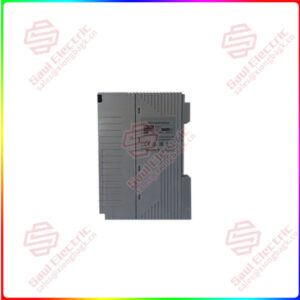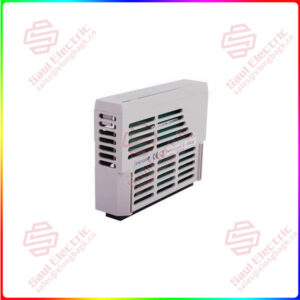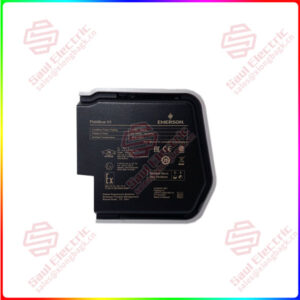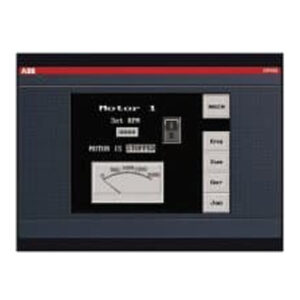Description
Overview
Essential details:3HAC032586-001 Bleeder Unit ABB
The leak cable intrusion detector consists of a detector host and two leak cables specially processed according to the design requirements. The detector host consists of a power supply unit, a transmitting power supply and a receiving power supply. The signal processing unit and the detection unit are composed。
The leakage cable as a detection unit is composed of two leakage cables and two non-leakage cables connected with them. The nominal length of each non-leaking cable is 10 meters, and the nominal length of each leaking cable is 100 meters.
The transmitting unit generates high-frequency energy that is fed into the transmitting leakage cable and transmitted in the cable. When the energy is transmitted along the leakage cable, part of the energy leaks into the space through the gap in the cable, and an electromagnetic field is established in the warning space. Part of the energy is received by the nearby receiving leakage cable, forming a direct coupling of the receiving and receiving energy. When the intruder enters the induction area formed by the two cables, this part of the electromagnetic energy is disturbed, causing a change in the received signal, the change of the signal is detected by the processing unit after amplification, and the alarm light is lit, while the relay contact is opened, and the signal is output to the control center

3HAC032586-001
Sales Manager: Manager He
E-mail number: sales@saulcontrol.com
skypel wechat: +86-18059884797
Mobile phonelwechat: +86-18059884797
QQ:3095989363
Other :3HAC032586-001 Bleeder Unit ABB
Graphical User Interface (GUI) : These are computer-based Hmis that use a graphical interface to display process data and allow the operator to enter commands.
A GUI can be created using software such as Microsoft Windows or a specialized HMI software package.
Touchscreen Interface: With simple and intuitive interaction methods, touchscreen is often used on devices such as smartphones, tablets, and interactive whiteboards.
Voice Interface: Allows users to interact with computers through voice recognition technology.
It is commonly used in smart speakers and vehicle-mounted systems.
Physical panels: These are physical Hmis that use buttons, switches, and displays to display process data and allow the operator to enter commands.
It is commonly used in industrial environments where GUI or touch screens may not be practical, such as environments with high levels of vibration or dust.
Web-based interfaces: These human-machine interfaces use a Web browser to present process data and allow the operator to enter commands.
They can be accessed from any device via a Web browser, allowing operators to remotely monitor and control processes.


 1 Year Warranty
1 Year Warranty



